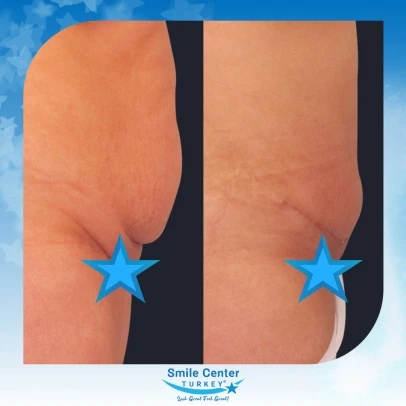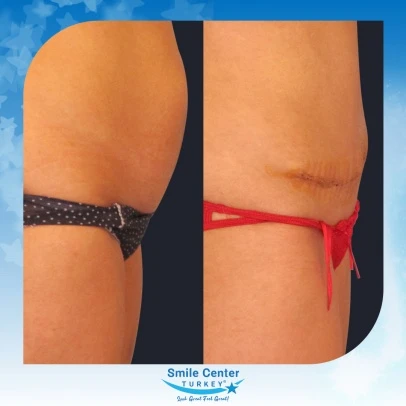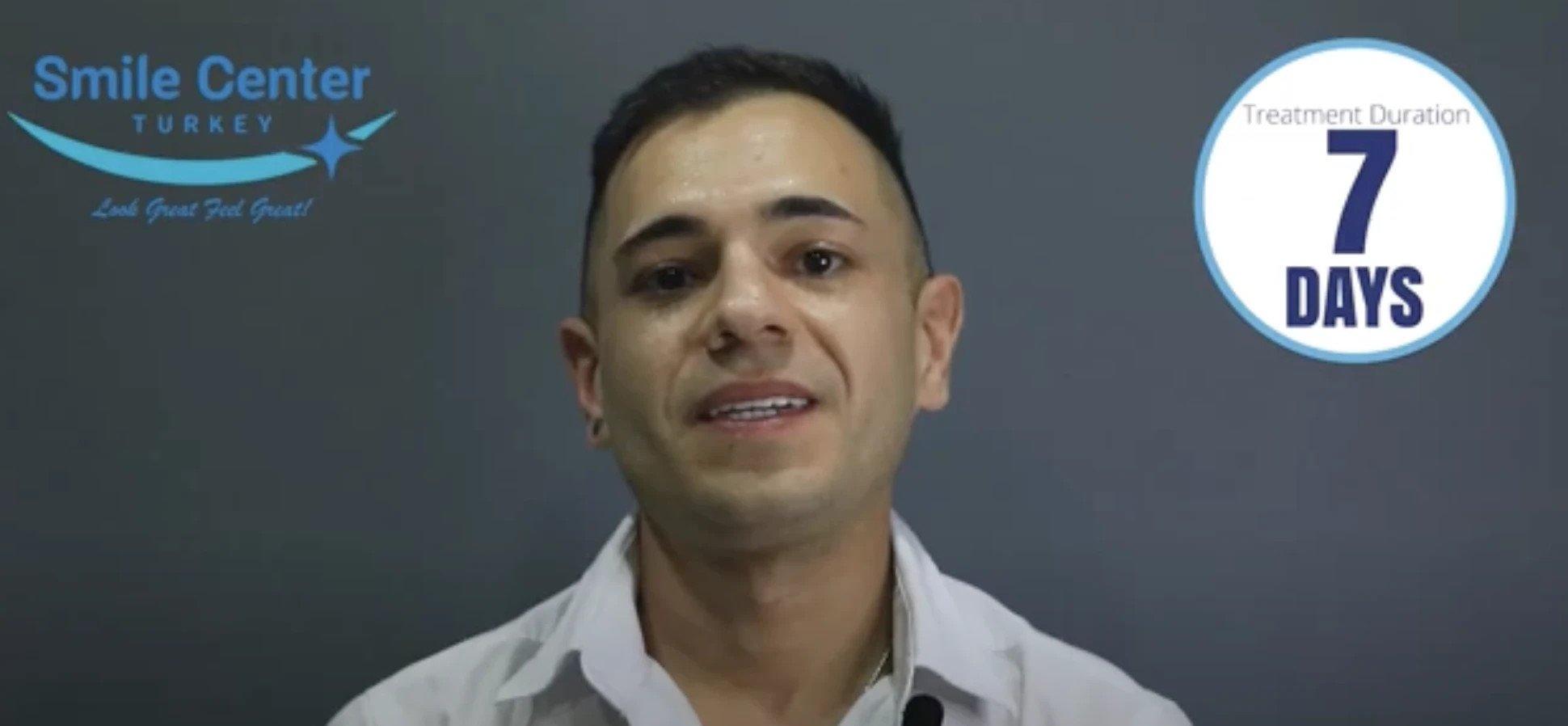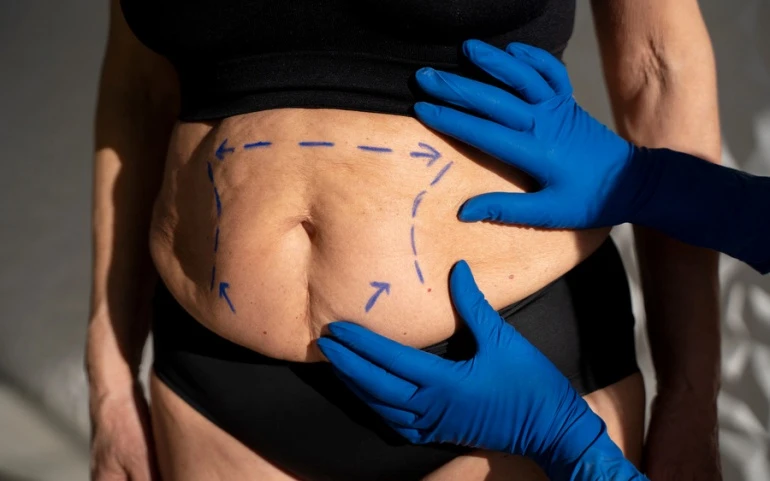People who tried traditional methods like diets and exercise and didn’t make progress, especially if excess weight is causing serious health issues, can consider obesity surgery. In Turkey, obesity surgery is typically performed on individuals aged 18 to 65.
BMI, calculated from weight and height, is crucial for deciding if someone is suitable for weight-loss surgery. Adults with a BMI of 40 or higher are potential candidates. Those with a BMI of 35 or higher, along with a weight-related medical issue and at least six months of supervised weight loss attempts, may also be suitable for this treatment. Teens with a BMI of 35 or higher and obesity-related medical conditions may be considered. A thorough medical exam checks for issues like sleep apnea, cardiovascular disease, kidney disease, and liver disease. Similarly, liposuction Turkey is often considered for those looking to remove stubborn fat deposits that don't respond to diet or exercise. However, it is also essential for patients to have a healthy BMI and be in good overall health to ensure the best outcomes and minimize potential risks.
Certain conditions, such as blood clotting disorders, severe heart disease, and other factors increasing anesthesia risks, may make an individual ineligible for surgery. It's essential to consult with a healthcare professional to determine if weight-loss surgery is a suitable option based on individual health conditions and circumstances.



























